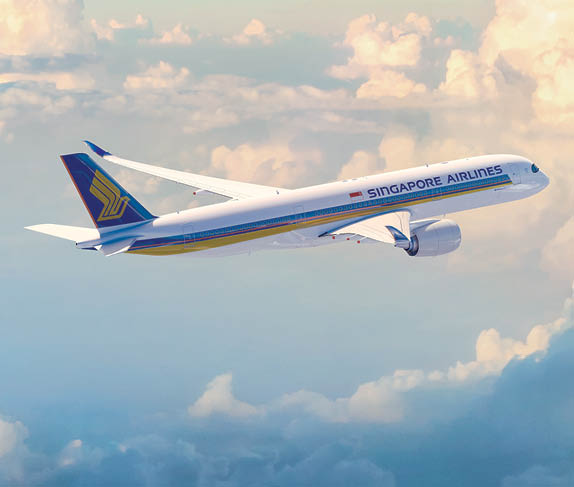The World Health Organization (WHO) has declared an international public health emergency over the coronavirus outbreak.
Tedros Adhanom, director-general of the World Health Organization, said: “We don’t know what sort of damage this virus could do if it were to spread in a country with a weaker health system. We must act now to help countries prepare for that possibility.”
RwandAir has now cancelled flights to and from Guangzhou, China, following the announcement and more airlines are now likely to follow suit after WHO upgraded the risk level.
The US Allied Pilots Association (APA) has filed a lawsuit in Dallas County, Texas, seeking a temporary restraining order to immediately halt American Airlines’ US-China service.
The airline has announced a suspension of flights between Los Angeles International Airport and China but not until Feb. 9. Because each American Airlines crewmember working a trip to China is required to be on the ground for approximately 32 hours between flights to comply with federal rest regulations, the APA is concerned for the health of its members.
“The safety and well-being of our crews and passengers must always be our highest priority — first, last, and always,” said APA President Capt. Eric Ferguson. “Numerous other major carriers that serve China, including British Airways, Air Canada, and Lufthansa, have chosen to suspend service to that country out of an abundance of caution. The APA leadership has asked American Airlines management to follow suit, but to date they have not cancelled any US-China flights. We are therefore compelled to seek injunctive relief.
“We estimate that as many as 300 passengers and crew travel to DFW alone from Chinese cities on each American Airlines flight,” he said. “To us, that level of risk is unacceptable.
“Due to the known and unknown risks associated with traveling to China right now, concurrent with the filing of our lawsuit, we are directing all American Airlines pilots assigned to flights between the United States and China, other than those on return trips to the United States, to decline the assignment,” Ferguson said.
In another report on the impact of the coronavirus, Fitch Ratings warns that it will likely put pressure on airlines' performance, especially Asia-Pacific carriers.
“The strength of airlines' financial profiles and their exposure to the APAC region are key to their ability to absorb the shock,” says the Fitch report, which adds that the scale of the outbreak would have to increase substantially to have a significant impact on global air passenger travel. The duration, scale and geographic spread of the virus outbreak will also determine the impact on credit profiles in the sector, as the pressure will increase if the epidemic escalates.
“We expect Chinese and other APAC airlines to be the most affected. The three largest Chinese state-owned airlines are largely dedicated to domestic traffic, which is heavily affected. Four Hong Kong carriers, including Cathay Pacific, will reduce their services to and from mainland China by at least 50% as part of a special arrangement with the Hong Kong government,” says the report.
Fitch highlights the impact of the virus outbreak on Australia, whose tourism industry is already impacted by cancellations as a result of the bushfires. “Virgin Australia will likely experience pressure on its Hong Kong routes, already under strain due to the street protests in the city. These challenges may slow the company's ability to deleverage to meet our rating guideline, expected by FY21. However, its domestic operations may benefit should Australians decide to fly locally, boosting Virgin's core domestic operations.”
Fitch believes that European and Middle East carrier (EMEA) carriers' exposure to China/APAC is “manageable”, with “Turkish Airlines, Air France-KLM and Lufthansa deploying the highest share of their capacity on APAC routes, in the range of about 20-25%”. Likewise, US airlines have limited exposure to the region, and Fitch states that US and EMEA airlines have sufficient liquidity balances and solid credit metrics, and should be able to absorb a temporary drop in demand.
The affected airlines with moderate exposure to China and APAC are likely to be able to re-deploy capacity to alternative routes to mitigate the effect on traffic, but this could “increase competition on those routes and reduce airfares”.

